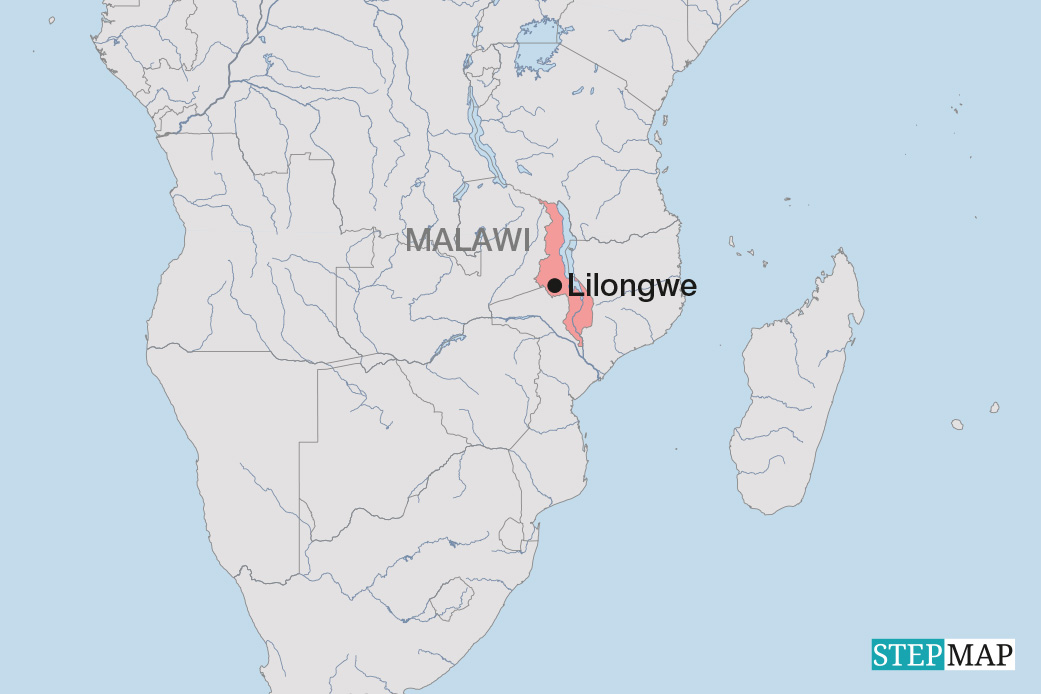Military recruitment
Kenyan military ordered to end HIV discrimination in recruitment

In August of 2024, a court in Kenya faulted the country’s military for turning down an HIV-positive candidate. The said candidate had shown up for military recruitment but was rejected by the recruiters once his HIV-positive status was revealed during training.
This landmark ruling sets the pace for even greater inclusivity of persons living with HIV in crucial and sensitive nation-building roles, including careers in the military. It should serve as an example to other employers to avoid discrimination and stigma in recruitment policies and pay greater attention to the rights of all people.
In the said landmark ruling, the Kenyan military was ordered to pay the candidate a sum of money in reparation. The military was further ordered to amend its policies to accommodate the recruitment of people living with HIV.
Kenya’s judiciary has made bold and landmark rulings in the past few years. Activists have commended the judiciary for its tough stance in protecting the rights of marginalised groups. Other government arms and agencies should take note of the judiciary’s fidelity to its mandate, even in the face of such a powerful subject. Every effort must be put into cultivating fairness and inclusivity for all when doling out government opportunities, and there must be particular care towards the vulnerable in society.
“An employee cannot be deemed to be medically unfit solely based on an HIV positive status,” a lawyer, Dan Okemwa, said after the ruling.
Ironically, Kenya’s military has been keen on mitigating the stigma associated with HIV and AIDS, particularly among its ranks. Yet, the same outfit has all along rejected candidates who test positive for HIV/AIDS, a move that clearly subjects the victims to stigma. Such applicants will face anguish and a reduction in self-esteem solely based on the discrimination by reason of their medical condition.
The opportunity to serve one’s country on the frontlines should be open and availed to any able-bodied candidate who demonstrates the passion and aptitude to serve, and a HIV positive status shouldn’t be an excuse to malign willing and able candidates.
The Kenyan judiciary’s ruling puts the country among the progressive countries in the world whose militaries have lifted the ban on recruitment of HIV positive candidates. For example, the UK allows people who have HIV or take medication to protect against it to apply for service in its armed forces. In 2023 France, too, allowed people living with HIV to join its military. A year earlier, France had ended the discrimination in hiring people living with HIV to its police services.
Whereas the law in Kenya prohibits discrimination against people, its enforcement has not been widespread. There is a special provision for the protection of HIV positive people from discrimination based on their health status. The law criminalises discriminatory acts and policies in employment, in schools, when travelling or in the choice of residence, in seeking elective positions or other public offices, in accessing credit facilities or insurance, health-care services and burial services.
We have been enlightening state corporations and other employers so that they support persons living with HIV and not discriminate against anyone,” says Ruth Laibon-Masha, the CEO of the National Syndemic Disease Control Council, a Kenyan body mandated to manage response to diseases such as HIV, sexually transmitted infections, malaria and others.
Much more can be done to fight stigma and banish discrimination against numerous groups of people in Kenya.
Joseph Maina is a freelance writer based in Naivasha, Kenya.
mainajoseph166@gmail.com














